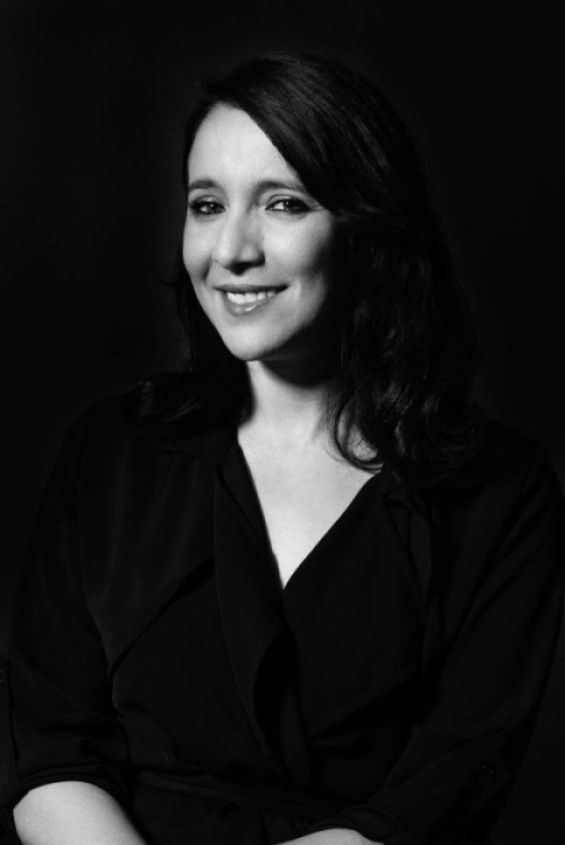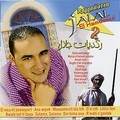Nadia Tomane's love for Morocco and its cultural heritage, traditions and identity inspired her to establish an association in France dedicated to their preservation.
Born in France to Moroccan parents from Taounate, Nadia majored in high technology studies in Nancy and later moved to Paris, where she spent eight years. With her husband and children, she then moved to Lorraine, and she currently works as head of web and data in a digital agency.
Despite growing up in France, Nadia was always fascinated with Moroccan traditions and cultural diversity and spent her youth learning about them, either through reading books or browsing the internet.
«I'd constantly search blogs for Moroccan recipes», Nadia, 46, told Yabiladi. «But in the comments, people from neighboring Maghreb countries would claim these dishes as their own. I knew better, having grown up in a diverse neighborhood where I learned about the culinary specialties of Tunisia and Algeria», she recalled.
Defending Moroccan heritage
These online misconceptions fueled Nadia's determination to act. A particular incident involving a televised cooking show where an Algerian woman presented the Moroccan pastilla as Algerian, despite a guest's correction, became a turning point.
«In 2016, I watched on YouTube a TV program broadcast by France 2, in which an Algerian woman was talking about Algerian cuisine and presented pastilla as Algerian, despite the correction of Yann Arthus-Bertrand (a French painter, photographer, film director, journalist and screenwriter) who was a guest on the program, who pointed out that the dish was Moroccan, she responded by saying: 'No, I insist it's Algerian'».
«Since then, I felt a responsibility to clarify things as a Moroccan», she said. «I connected with other Moroccans in Europe who shared my concerns, and together we formed a social media group».

The group aimed to prevent people from other countries from appropriating Moroccan culture, by taking advantage of the unfamiliarity of many French and European people with the traditions and heritage of Moroccans.
«Little by little, we began to discover, through social media, that there was a great deal of propaganda affecting our heritage», she signaled. «We felt our identity was being undermined», Nadia explained. «Unsure of the best course of action, we considered contacting the Moroccan Ministry of Culture».
Realizing the need for a more concrete approach, Nadia and her fellows established a formal association named «Moroccan Heritage» in 2021. Their efforts, however, were faced with many challenges.
«I've received threats, there were even attempts to contact my employer to get me fired. They tried everything to silence me», Nadia shared. «But my love for Morocco outweighs these risks. I'm not targeting anyone; I simply want to defend our heritage».
The association, which includes dozens of active and silent members, strives to promote Moroccan culture in various ways. «We do our best so that the world recognizes the beauty of our heritage whenever we can», she added.
In 2023, when the art of henna application received UNESCO recognition as intangible cultural heritage, they intervened upon noticing an image that didn't fully capture the essence of the Moroccan ritual. «We collaborated with the Ministry of Culture, and a more fitting image was ultimately chosen to represent this exquisite tradition».
Most recently, the association launched a petition addressed to UNESCO. «It expresses concern about a misleading video and image depicting the Fez Caftan included in Algeria's application for UNESCO recognition. «This situation raises serious concerns about safeguarding the cultural heritage of every society from all forms of cultural appropriation», Nadia argued.

In its petition, the association denounced «the attempt to include the Fassi Caftan in another country's kandoura and quilt application» urging UNESCO to «carefully study this issue and take the necessary measures to correct the file submitted by Algeria»
The petition, signed by over 39,000 people, was also sent to relevant Moroccan officials, namely to Royal advisor André Azoulay, Fatima Zahra Amor, Minister of Tourism and Traditional Industry, and Mehdi Bensaid, Minister of Youth and Culture. «We know that there will be more interaction with this file if it is adopted by Moroccan officials», Nadia said.
The Brussels-based Timendotes association, and the Center for Moroccan Jewish Culture, headed by Paul Dahan have also supported said petition. Nadia firmly believes that collaboration with other organizations and Moroccan scholars is crucial for their ongoing mission.





 chargement...
chargement...













